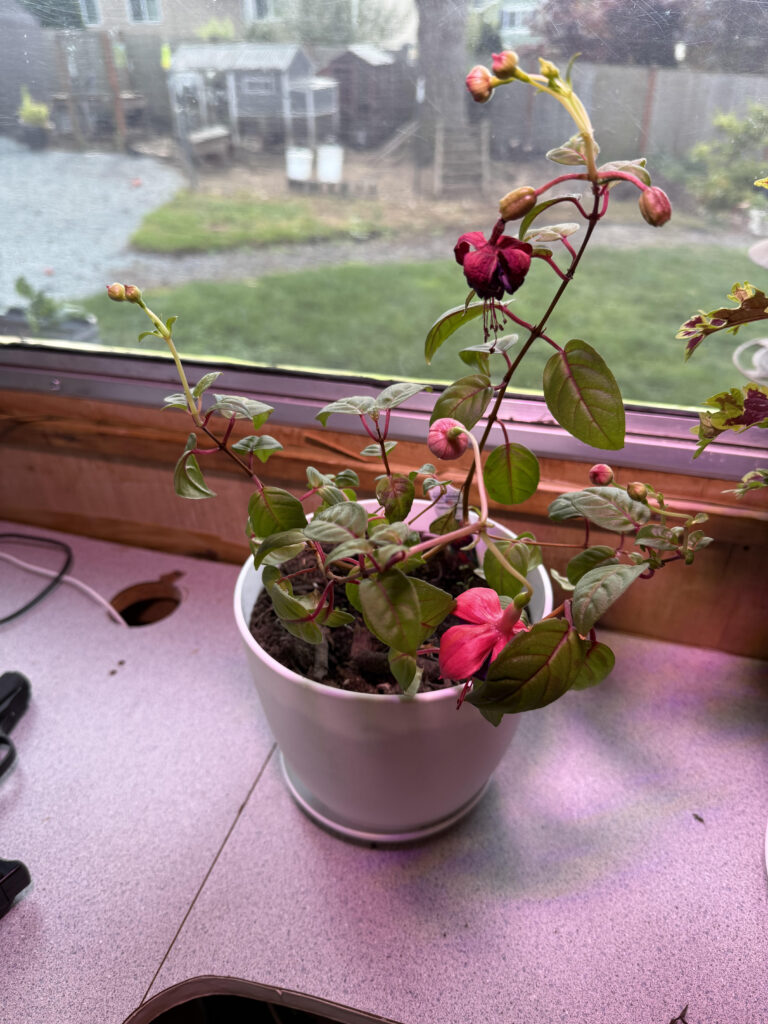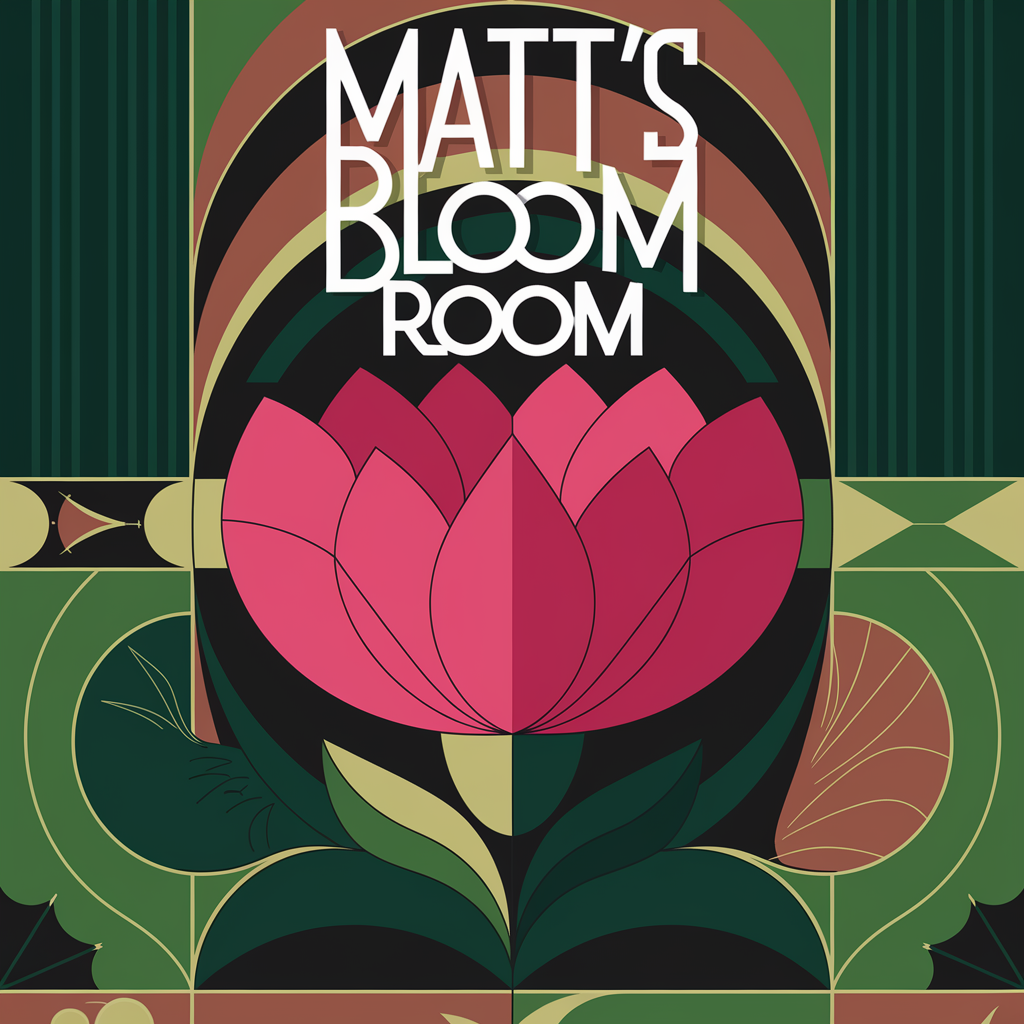Imagine stepping outside, feeling the sun’s warmth, and sinking your hands into the soil. Take a moment to feel its texture and connect with the earth. Gardening, for many, is much more than a hobby—it’s a therapeutic practice that supports mental and emotional wellness. Research shows that even brief interactions with nature can reduce stress and improve overall mood, making gardening an effective tool for nurturing mental health.
The Science Behind Gardening and Mental Health
Studies show that spending time with plants and in green spaces can reduce symptoms of depression, anxiety, and stress. Nature exposure helps lower cortisol, the body’s stress hormone, and increase serotonin, a natural mood stabilizer. For example, research at the University of Exeter found that spending just two hours a week in green spaces can significantly improve mental health and overall well-being.
Gardening also combines exposure to nature with gentle physical activity, which boosts endorphins, further enhancing mood. This mix of outdoor activity and personal connection with nature makes gardening a powerful practice for mental wellness.
Gardening as a Tool for Mindfulness and Presence
In a world full of constant distractions, gardening offers the opportunity to slow down and focus. Tending to plants requires mindful attention, helping us stay present in the moment. Watching seeds sprout and plants grow fosters a connection to the natural world and teaches patience—a valuable lesson in our fast-paced digital age, one that I, as a naturally impatient person, continually strive to learn.
Gardeners learn to observe rather than merely look. They notice subtle changes in leaves or soil moisture, tuning into the garden’s rhythm. These mindful moments, even if brief, help quiet the mind and reduce anxiety.
Building Resilience Through Gardening
Gardening is a metaphor for resilience. Like life, it’s full of unexpected challenges, such as changing weather or plant diseases. Learning to work with these elements and adapt mirrors the process of building resilience in life. Not every seed planted will thrive, and not every plan will go smoothly, but the act of nurturing plants reinforces the idea that setbacks are part of growth.
When a gardener successfully nurtures a wilting plant back to health, they cultivate resilience within themselves. These small triumphs remind us of our inner strength and endurance, qualities that extend far beyond the garden.
Physical Benefits That Support Mental Wellness
Gardening isn’t only a workout for the mind; it’s also a light form of physical exercise. Digging, weeding, and planting increase heart rate and circulation, prompting the release of endorphins, which naturally improve mood. Exposure to sunlight boosts Vitamin D levels, essential for a healthy immune system and a stable mood—especially valuable for those of us in the gray Pacific Northwest.
The physical demands of gardening also provide an outlet for pent-up energy or frustration, and the time spent outdoors can help alleviate insomnia by supporting a healthy sleep cycle.
Practical Tips for Using Gardening as a Coping Skill
If you’re new to gardening, here are a few tips to help you get started with a mindful approach:
- Start Small: Try growing a few houseplants or create a mini herb garden. Plants like basil, rosemary, or lavender are typically easy to care for and bring a touch of nature indoors.
- Create a Routine: Dedicate a few minutes daily to tend to your plants. Watering, pruning, or simply observing your plants’ growth can become a grounding practice that brings a sense of calm.
- Make It Social or Reflective: Gardening can be a wonderful solo activity or a social one. Share the experience with friends or family or use it as a time for personal reflection.
- Be Patient with the Process: Gardens, like personal growth, take time to flourish. Embrace the patience required and celebrate small signs of progress, both in your plants and in yourself.
- Connect with Your Senses: Gardening is a sensory experience—feel the texture of the soil, smell the plants, and listen to the sounds around you. Engaging the senses helps ground us in the present and reinforces mindfulness.
Gardening, in its essence, is an act of hope. Each seed planted holds the promise of growth, resilience, and renewal. If you’re looking for a way to cope with stress or improve your mental well-being, consider picking up a trowel and exploring the therapeutic benefits of gardening. It’s a practice that connects us to nature, teaches patience, and cultivates inner peace.
So, dig in and discover the healing potential that lies within the soil. If you have your own gardening story or tips, share them below—let’s grow a community of resilience together.

🌿 Love gardening and need a dose of positivity? 🌟 Check out The Bloom Room on YouTube for tips, inspiration, and a refreshing take on nurturing plants and your well-being. Subscribe now to grow along with us! 🌱✨

Here are a few reliable references that highlight the mental health benefits of gardening:
University of Exeter Medical School
Researchers at the University of Exeter have explored the impact of green spaces on mental health, revealing the benefits of spending time in nature. A study led by them found that even small doses of green space exposure can enhance overall well-being.
Source: University of Exeter, Green Space and Wellbeing Research
Journal of Health Psychology
Studies published in journals like the Journal of Health Psychology frequently explore the physical and psychological benefits of activities like gardening. This journal discusses how gardening contributes to decreased cortisol levels, reduced depression, and overall stress relief.
Source: Journal of Health Psychology
Substance Abuse and Mental Health Services Administration (SAMHSA)
SAMHSA discusses the therapeutic effects of nature, especially in activities like gardening, to help individuals manage stress and build resilience as part of mental health treatment.
Source: SAMHSA
Mental Health Foundation
This foundation details the physical, emotional, and social benefits of gardening as a form of therapy, noting how it fosters resilience, encourages mindfulness, and nurtures a sense of community.
Source: Mental Health Foundation
American Horticultural Therapy Association (AHTA)
The AHTA promotes gardening as a therapeutic activity, with evidence showing that it supports mental health by connecting individuals with nature, encouraging mindfulness, and building resilience.
Source: American Horticultural Therapy Association
